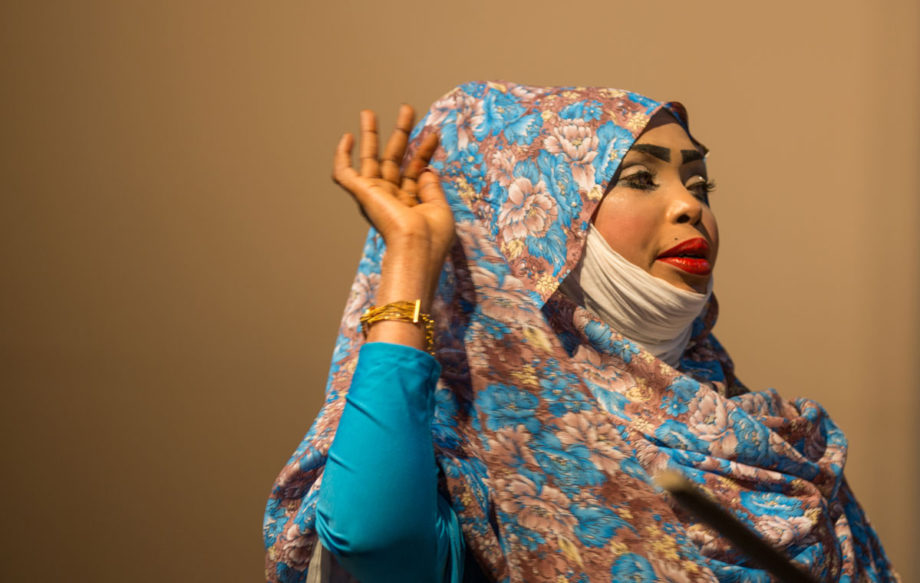The women froze, balancing tiny cups of coffee in their hands. Their mouths dropped open as they stared at Khadijah.
“Don’t turn that recording on!” Khadijah had ordered. She sat up straight on the sofa next to Rachel, a long-term Frontiers worker.
Habsa, the hostess of the afternoon coffee gathering, stood in the middle of the room, glaring defiantly at Khadijah.
The other women sucked in their breath. Several cried out to Khadijah, “Seek forgiveness from God!”—an expression used when another person sins.
It was the month of the hajj, the holy pilgrimage to Mecca that is required of every Muslim who can afford it.
Throughout the month, one hears a certain recording broadcast in every public place. It’s a stylized chanting of “God is great” in Arabic, “Allahu Akbar.” To most Muslims, hearing this couplet helps them embrace the religious mood of the hajj, just as many American Christians find comfort in hearing Christmas carols in December.
Habsa turned her back on Khadijah and stepped forward to turn on the recording.
“Don’t turn that on!” she repeated, this time twice as loud. “If you want to hear those words, I can say them for you: God is great! Allahu Akbar!”
Rachel sank into the couch wishing to make herself invisible. She was shocked by her friend’s outburst. All the Muslims Rachel had ever met seemed to love this “God is Great” recording.
“What’s the matter with you?” the other women demanded of Khadijah.
“You are hypocrites!” Khadijah declared. “You’ll play this recording now, and then you’ll turn on the dance music and shake your behinds!”
The room fell silent. Khadijah had hit a raw nerve.
There was a pause, then a hushed discussion. The recording was played for a few minutes, and then some food was served.
No one dared to suggest turning on any dance music.
Rachel knows many Muslims in this conservative Islamic country who are sensitive to religious hypocrisy.
“There is a lot more religious talk than there is true practice,” she says. “But that happens wherever people don’t have the transforming work of the Holy Spirit in their lives.”
“Khadijah is not against this Islamic recording or even dancing,” Rachel adds. “I’ve seen her dance as much as any other woman! But like other Muslims who are tired of hypocrisy, Khadijah rejects the blasé mixing of religiosity with entertainment.”
Khadijah has also expressed a voracious hunger for God’s Word. She has started studying the Bible with Rachel and is growing in love for Jesus Christ.
Pray that Khadijah will discover the Messiah and grow in obedience to and love for Him.
**This account comes from a long-term worker. Names and places have been changed for security.**
Original article: FrontiersUSA.org/blog/article/a-dance-for-the-hajj

